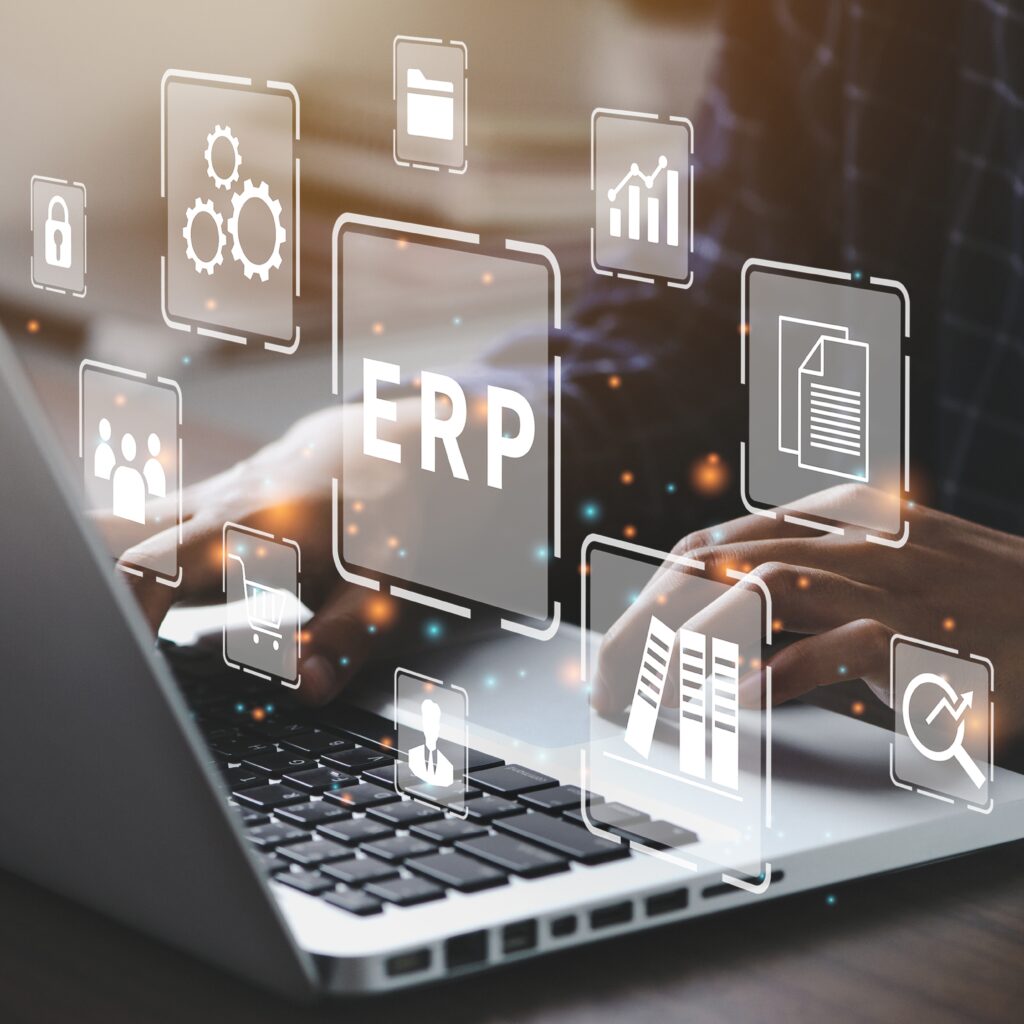
- ERP
Enterprise Resource Planning (ERP) systems serve as fundamental structures, optimising operations across departments. A successful ERP implementation can transform organisational efficiency, decision-making, and ultimately, profitability. However, in the excitement of adopting a new ERP solution, one critical aspect often overlooked and underestimated, is data cleansing.
Data cleansing is the process of identifying and rectifying inaccuracies, inconsistencies, and redundancies within a dataset. While it might seem like an arduous task or an optional step, its importance cannot be overstated, particularly in the context of ERP projects. Here are 7 reasons why we believe data cleansing deserves a high priority spot in your ERP implementation strategy.
Enhanced Data Accuracy
ERP systems thrive on accurate, reliable data. Inaccurate or outdated information can lead to inconsistencies, faulty decision-making, and operational disruptions. Data cleansing ensures that the information fed into the ERP system is as accurate as possible, laying a sturdy foundation for all future processes.
Builds Confidence
Clean data facilitates smooth operation of the ERP system. It reduces the likelihood of processing errors and performance bottlenecks, and it helps build trust amongst new users. With clean data, users can be confident of the outputs generated by the ERP system, leading to improved productivity, operational efficiency and satisfied teams.
Effective Decision-Making
Timely and informed decision-making is a cornerstone of successful businesses. Decision-makers rely heavily on the data supplied by ERP systems and if there is any question about the quality or integrity of the data, decisions made relying on it may be compromised. Data cleansing ensures that decision-makers have access to accurate, high-quality data, empowering them to make strategic and tactical decisions confidently.
Compliance and Governance
Many industries are subject to regulatory requirements regarding data accuracy, privacy, and security. Non-compliance can result in hefty fines, legal complications, and damage to the organisation’s reputation. By taking this opportunity to cleanse the data before integrating it into the ERP system, organisations can ensure compliance with relevant regulations, thereby mitigating risks and fostering trust with stakeholders.
Cost Benefits
The adage “prevention is better than cure” holds true in the context of data cleansing. While the initial investment of time and resources in data cleansing may seem substantial, it pales in comparison to the costs incurred due to downstream data-related issues. Rectifying and unravelling errors post-implementation is not only more time-consuming but also significantly more expensive.
Smooth Integration
ERP implementations often involve migrating data from legacy systems, disparate sources and spreadsheets. Without proper cleansing, data from these sources may be inconsistent with the new ERP system, leading to integration challenges. By cleansing data beforehand, organisations can streamline the integration process, minimising disruptions and accelerating time-to-value.
Scalability
A well-executed ERP implementation sets organisations up for growth and scalability. Clean data ensures that the ERP system can adapt and scale alongside the organisation’s evolving needs. It lays a robust foundation for future data analytics that rely on data accuracy.
Choosing an ERP Software Provider
Data cleansing is not merely a preparatory step but a fundamental prerequisite for ERP success. By investing time and resources in cleansing your data prior to ERP implementation, you’re investing in the long-term success and competitiveness of your organisation. As the saying goes, “rubbish in, rubbish out”, so ensure that your ERP system is fuelled by clean, high-quality data, and reap the rewards of optimised operations, informed decision-making, and sustained growth.
If you’re looking for an ERP software provider you can rely on, feel free to get in touch with us at Noledge.
About the Author

Brian Doherty
Brian is an accomplished Project Manager with a background in the ERP software industry. He possesses expertise in Business Process, Sage Products, NetSuite, Requirements Analysis, and Technical Support. As the Operations Director of OSSM, a member of the Noledge Group, Brian has directly implemented or been involved in the implementation of NetSuite ERP cloud-based software in various businesses across multiple sectors.